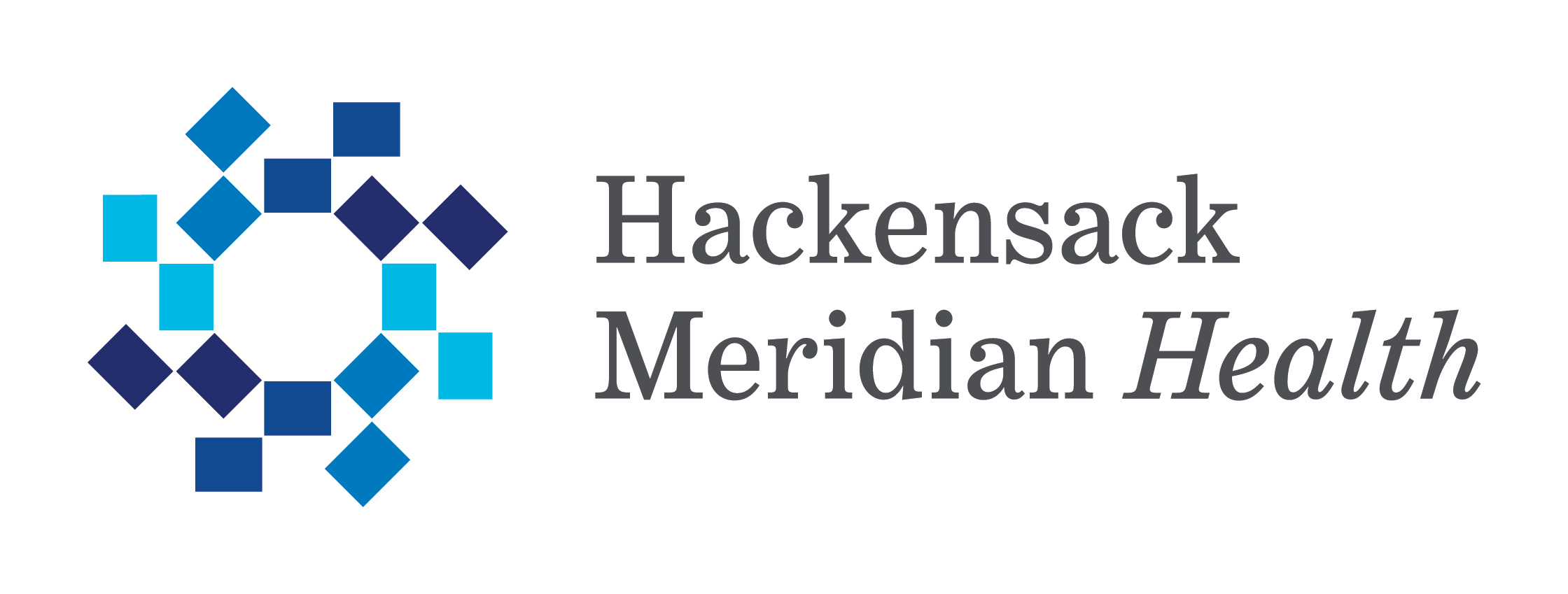Newswise — Nutley, NJ, June 22, 2023 – A laboratory at the Hackensack Meridian Center for Discovery and Innovation (CDI) has been issued a major grant to repurpose drugs to combat non-tuberculous mycobacteria (NTM), an emerging family of germs naturally found in soil and water and which can be deadly to those with compromised immune systems and pre-existing lung diseases.
The $2.6 million, 5-year grant enables the laboratory of Thomas Dick, Ph.D., to re-engineer tuberculosis (TB) drugs to work against NTM like Mycobacterium abscessus, which are TB’s biological cousins.
The federal grant, from the National Institutes of Health - National Institute of Allergy and Infectious Diseases, focuses on strategically re-engineering rifabutin to overcome NTM resistance, according to Dick. It’s the fourth major grant for the scientist and his lab supporting NTM/TB research since he moved from the National University of Singapore to the United States in 2017.
“The good news: things are happening. Compared to a couple of years ago we now have some compounds against NTM being evaluated,” said Dick, member of the Center for Discovery and Innovation and professor at the Hackensack Meridian School of Medicine. “However, it's by far not enough. The pipeline is still very weak. We’re helping to strengthen the pipeline with attractive candidates."
Rifabutin, first approved by the U.S. Food and Drug Administration in the 1990s for tuberculosis, is the focus of the Dick Lab’s work. That work so far indicates that rifabutin works more effectively than rifampicin against M. abscessus - and they have shown that rifabutin can be further tailored to overcome intrinsic resistance the bacteria have currently against the drugs available.
The new treatment pathway could provide drugs not just M. abscessus, but also other NTM germs.
NTM naturally live in soil and water across the globe. For most of us, their presence poses no problem, since the functioning immune system and healthy lungs rids the body of the germs relatively easily. But for a growing number of people in the developed world who have weakened natural defenses, like those who have had organ transplants or those who have lung disease like COPD or cystic fibrosis, exposure to even tap water can cause a chronic infection of these bacteria.
The affliction can be deadly – and it proves incredibly stubborn to the limited number of treatment options. The NTM burden has virtually exploded in recent years, according to studies. One recent estimate indicates that there are 7.5 cases per 100,000 people in the United States. Costs continue to escalate, too - with a tab of at least $1.7 billion, according to some estimates.
More recently the CDC issued a report about two separate outbreaks of pediatric cases of NTM that were apparently spread through dental procedures. Earlier this year, a trio of deaths in a Massachusetts hospital in 2018 were attributed to NTM spread through a water-purification system supplying a water and ice machine.
“This is a growing problem, and the work of Thomas Dick is approaching it in a logical, methodical way which could save untold lives in the years to come,” said David Perlin, Ph.D., chief scientific officer and executive vice president of the CDI.
ABOUT THE CENTER FOR DISCOVERY AND INNOVATION
The Center for Discovery and Innovation, a member of Hackensack Meridian Health, translates current innovations in science to improve clinical outcomes for patients. More than 28 laboratories, 180 professional researchers and physician-scientists at the CDI have set their sights on cancer, infectious diseases, autoimmune disorders, and other acute and chronic diseases. Clinical need drives the scientific insights, and their application, for these researchers, as shown in the real-time response to the COVID-19 pandemic, resulting in new diagnostics, therapies, and surveillance abilities. The CDI leverages a new wave of scientific advances involving genetics, cell engineering of the human immune system, and imaging to better diagnose, treat and prevent disease through personalized medicine approaches. For additional information, please visit www.hmh-cdi.org.
ABOUT HACKENSACK MERIDIAN HEALTH
Hackensack Meridian Health is a leading not-for-profit health care organization that is the largest, most comprehensive and truly integrated health care network in New Jersey, offering a complete range of medical services, innovative research and life-enhancing care. The network has 18 hospitals and more than 500 patient care locations, which include ambulatory care centers, surgery centers, home health services, long-term care and assisted living communities, ambulance services, lifesaving air medical transportation, rehabilitation centers, urgent care centers, physician practice locations, and a fitness and wellness center. With more than 35,000 team members and 7,000 physicians, Hackensack Meridian Health is a distinguished leader in health care philanthropy and committed to the health and well-being of communities throughout New Jersey.
The network’s notable distinctions include having more U.S. News-ranked hospitals than any other health system in New Jersey, as ranked by U.S. News & World Report, 2022-23. Hackensack University Medical Center is nationally-ranked by U.S. News & World Report in four specialties, more than any other hospital in New Jersey. Joseph M. Sanzari Children’s Hospital at Hackensack University Medical Center, and K. Hovnanian Children’s Hospital at Jersey Shore University Medical Center, are ranked #1 in the state and top 20 in the Mid-Atlantic Region by U.S. News & World Report’s 2022-23 Best Children’s Hospital Report. Additionally, their combined nephrology program ranks in the top 50 in the United States. To learn more, visit www.hackensackmeridianhealth.org.
ABOUT HACKENSACK MERIDIAN HEALTH RESEARCH INSTITUTE (HMHRI):
HMHRI leads and organizes a connected ecosystem bringing together clinicians, scientists, and educators to respond to the health problems of our time, in real-time. HMHRI is dedicated to accelerating discovery, innovation, and translation of scientific breakthroughs that address unmet clinical needs.

